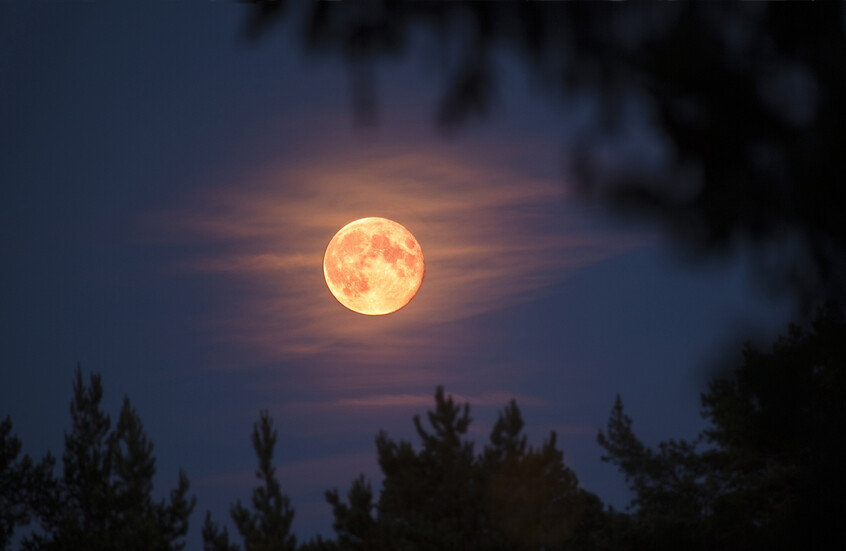Does the moon steal our sleep? Science reveals the truth
October 22, 2025116 ViewsRead Time: 1 minutes

Font Size:
16
Cultures have long associated the full moon with sleep disturbances and strange behaviors, but modern science offers a different explanation. Studies indicate that people may sleep shorter periods by an average of 20 minutes before the full moon, and take longer to fall asleep, with a decrease in the amount of deep sleep responsible for energy renewal.
This effect is primarily attributed to the natural light emitted by the moon, which affects the biological clock and reduces the secretion of the hormone melatonin, keeping the brain active. The effect varies from person to person; individuals in darker rural areas are more affected compared to residents of brightly lit cities, and some studies show that men are more sensitive to moonlight than women.
The idea that the full moon increases crime rates or psychological disturbances is a myth not supported by scientific data, and the real reason behind some unusual behaviors may be sleep deprivation.
Experts recommend focusing on practical measures to improve sleep, such as reducing the use of electronic devices before bedtime, creating a dark and quiet room, and adhering to a regular sleep routine, emphasizing that the moon's effect is limited compared to modern factors.